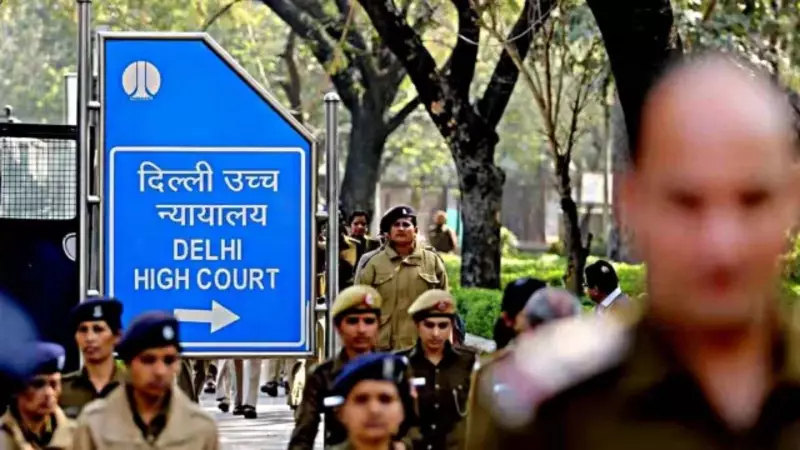
In a significant legal development that has captured national attention, the Delhi High Court has granted anticipatory bail to a man accused of raping a minor, citing crucial evidentiary gaps in the prosecution's case. The ruling, delivered by Justice Swarana Kanta Sharma, has sparked important conversations about legal standards in sexual assault cases.
The Core Legal Argument
The court's decision hinged on a critical examination of the evidence presented. Justice Sharma emphasized that while the accused faced serious allegations of rape under Section 376 of the Indian Penal Code and provisions of the Protection of Children from Sexual Offences (POCSO) Act, the evidence failed to establish any form of physical intimacy between the parties involved.
Evidentiary Scrutiny and Findings
The prosecution's case underwent meticulous judicial scrutiny, revealing several key findings:
- No medical or forensic evidence supporting physical sexual contact
- Electronic communications showed the minor referring to the accused as "uncle"
- Financial transactions between families complicated the narrative
- The accused claimed the case was filed after he refused further financial assistance
Court's Reasoning and Conditions
Justice Sharma's 17-page order elaborated on the legal principles governing such cases. The court clarified that while allegations of sexual assault demand serious consideration, the absence of physical intimacy evidence created reasonable doubt about the rape charges. However, the court imposed strict bail conditions, including:
- Regular appearance before the investigating officer
- Surrender of passport
- Prohibition on contacting the victim or her family
- Cooperation with the ongoing investigation
Broader Legal Implications
This ruling underscores the delicate balance courts must maintain between protecting victims of sexual violence and ensuring due process for the accused. The judgment emphasizes that while society must believe victims, the legal system must operate on evidence and established legal principles.
The case continues to unfold as investigators pursue additional evidence, while legal experts debate the potential impact on future POCSO Act cases and the evolving jurisprudence around sexual assault allegations in India.





